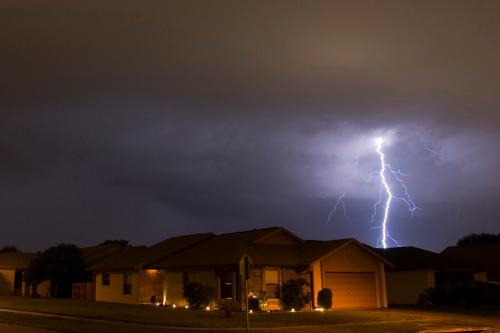

On August 18, 2021, leader of the Liberal Party of Canada Justin Trudeau announced that, if re-elected, the government will continue to build on the success of the EnerGuide home rating system for energy efficiency and enhance the model to score the climate resiliency of homes.
“We’ve been advocating for both these measures,” Robin Edger, the national director of climate change at the Insurance Bureau of Canada (IBC) told Insurance Business. “We welcomed the announcement and we’re hopeful that other parties will make similar announcements.”
Rating the climate resiliency of homes connects strongly with the other part of the Liberal Party’s announcement about expanding the home retrofit program to allow homeowners to access funds for climate adaptation and climate resiliency measures.
“If homeowners are being proactive about reducing their exposure to risk, certain insurers will want to tie their rates to this program,” Edger explained.
There are several different metrics that build up to one final score which insurers could use to tie back to rates. If premiums can be lowered based on the energy efficiency and climate resiliency score, homeowners will be more incentivized to turn their attention towards climate adaptation.
“We’ll have to see how the program rolls out and how the industry will react to it,” said Edger.
It would likely be the same inspector doing both the EnerGuide and climate resiliency assessments, and that information can be used to access the retrofit program. Edger mentioned that the assessment itself is relatively cost effective.
The real value of the program for homeowners and insurers will be when an inspector breaks down the score into its component pieces and is able to and is able to give advice around how to increase energy efficiency and climate resiliency through specific measures and retrofits.
Read next: Crafting climate resilience
The impact of climate change and severe weather events on the insurance industry is becoming more prevalent. “Annual insured losses in Canada were $2.4 billion, which has been a regular number over the past decade or so, but its six times higher that it was in the 80s or 90s,” said Edgar.
“As climate related impacts get worse, we can only imagine where that number is headed,” he added.
The Liberal Party’s climate resiliency platform provides insurers with the opportunity to engage with homeowners, discuss how changes to the home rating system could impact rates, and create a comprehensive strategy for climate adaptation, Edgar believes.
“Often when we’ve talked about climate change, we’ve talked about it as a future problem and I think it’s become quite clear that it’s a today problem,” Edger concluded.
